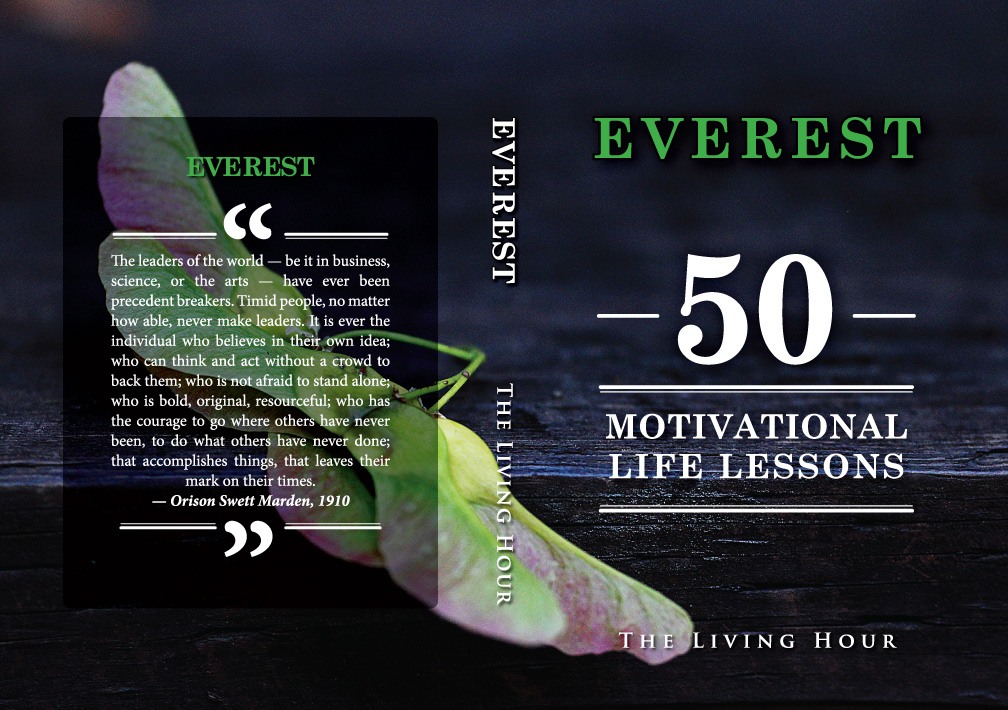09 Jul On The Threshold | Theodore Thornton Munger on Friendship
Podcast Transcript: Welcome to the Inspirational Living podcast. Coming up this weekend on Our Sunday Talks, we’ll be discussing that age old question, “What is the aim of Life? Why are we here?” To gain access to this exclusive series, join our community of patrons at Patreon.com. To learn more, visit LivingHour.org/Sunday.
Now, on to today’s reading, which was edited and adapted from “On the Threshold” by Theodore Thornton Munger, published in 1908.
Without a doubt, home and companions are the chief external influences that determine character. One is nearly always good, because it is charged with maternal and fatherly instincts; the other is uncertain in its character, because it springs out of the chances of the world. The main feature of a good home is love which (quote) “works no ill,” hence its natural influence is favorable to good character.
Good parents for the most part inculcate truth, purity, honesty, and kindness. With abundant allowance for mistake and neglect, the influence of parents and brother and sister is ordinarily good, but outside of the home there is no such certainty. When the child bids father and mother good-bye and goes to make their way in the world, their future depends with almost mathematical certainty upon the character of his or her companions and associates.
The young adult may have good principles and high purposes; tender words of advice are in their ears; but they will do well or ill as they fall amongst good or bad companions. Education, embedded principles and tastes, remembered love, ambition, conscience — all these will do much for the child, but they will not avail against this later influence.
There are many turning-points when the question of success or failure is decided again and again. Life is a campaign, in which a series of fortresses are to be taken; all previous victories and advances may be thrown away by failure in the next. Nearly the last of these is companionship; if one wins the victory here, the reward of a prosperous life of character is within his reach.
At the risk of logically inverting my subject, I will speak first of friendship; and I must beg your patience while I put a foundation under my suggestions. If there were but one general truth that I could lodge in the mind of anyone or all men and women, it would be this: that true life consists in the fulfillment of relations. We are born into relations; we never get out of them; all duty consists in meeting them. The family, the community, the humanity at large — these are the sources of our primary and abiding duties, as well as of our happiness — the sum-total of ethics and spirituality.
The relation of friends, though not so sharply defined as that of the family or country, is as real and as essential to a full life. Bacon goes so far as to say that “a principal fruit of friendship is the ease and discharge of the fullness of the heart.” He goes on in his noble and wise way to name its main points, and nothing on the subject is better than his threefold statement of its uses: “Peace in the affections, support of the judgment, and bearing a part in all actions and occasions.”
It is not enough to love only our own family. Love is a great and wide passion, demanding various food and broad fields to range in. When one is only “all about family” they may have a sound nature, but it will not be a large or generous one; and they will shrink rather than expand with years, and sink into the inevitable sadness that attends old age.
READ THE ENTIRE ESSAY IN EVEREST: 50 MOTIVATIONAL LIFE LESSONS

